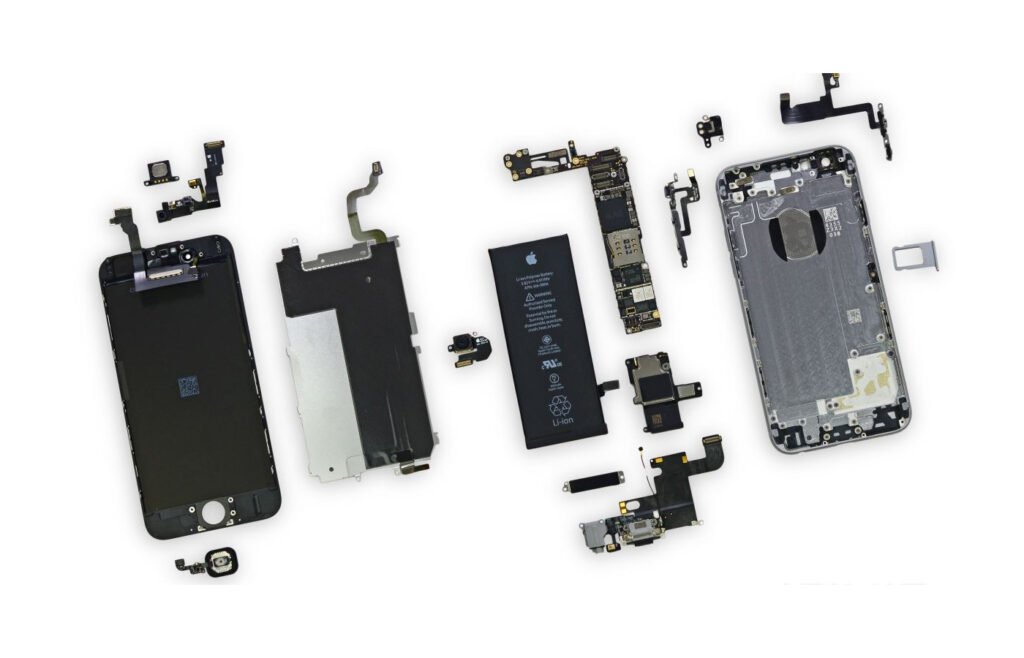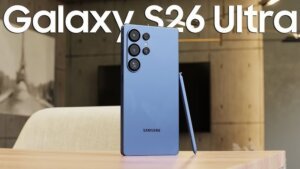In the last few years, you’ve probably noticed that smartphone companies keep emphasizing one phrase in their launches: AI chips. Apple has its Neural Engine, Google talks about its Tensor, and Samsung and Huawei are also investing heavily in custom-built processors. But why is this shift happening? Why are more smartphone makers moving away from relying solely on general-purpose processors and instead building specialized AI hardware? Let’s break it down in a way that makes sense for you as both a user and a curious observer of tech trends.
The Growing Role of AI in Smartphones
Our phones are no longer about communication. They are their personal assistants, photographers, translators and even health monitors. Nearly all the features that you depend on today, such as voice assistants like Siri or Google Assistant; or more sophisticated camera options that help lighten up your photos at sunset, all operate on artificial intelligence.
Read Also: Developing an AI Voice Assistant for Android: Tutorial for App Developers
The trick is that these heavy, real-time AI processes were not created to be efficiently executed using regular processors. This is the reason why businesses started offering AI chips, miniature processors that specifically execute machine learning and deep learning models. These chips are more powerful, consuming less energy, and the AI-driven capabilities are more natural.
Why Smartphone Brands Are Building Their Own AI Chips
So why not just buy ready-made AI hardware from third-party chipmakers? The answer is simple: control and optimization.
By creating AI chips on its own, a brand has the opportunity to develop them based on its vision of how smartphones should look. For example:
- The Neural Engine is employed to optimize Face ID, image processing and on-device Siri activities conducted by Apple.
- The Tensor chip invented by Google serves to drive the advanced photo functionalities such as Magic Eraser and real time language translation.
- To enhance efficiency and enhance camera AI, Huawei has its Kirin chipsets which have dedicated NPUs (Neural Processing Units).
Brands can make sure that software and hardware are more closely integrated by designing custom AI processors. This translates to quicker performance, lower battery consumption, and distinctiveness which is one of the offerings distinguishing itself in a saturated market.
Read More: Building an AI-Powered Chatbot App for Smartphones: A Step-by-Step Developer Guide
The User Struggle These Chips Solve
Think about the frustrations many users face: sluggish phones, overheating, or apps that drain battery life too quickly. Without specialized AI chips, running advanced features like live translation or AI-driven photo enhancements would slow your phone down or quickly kill the battery.
By embedding AI chips directly into smartphones, companies are tackling these pain points. You get real-time AI without relying entirely on cloud processing, meaning tasks like photo editing, voice recognition, or spam call detection happen faster and more securely—right on your device.
Beyond Performance: Privacy and Security
Security is another factor that is making smartphone manufacturers resort to AI chips. When your phone performs some kind of sensitive task, such as your voice commands or facial recognition scans, locally on its AI hardware, there is a reduced likelihood of your data being leaked to the internet.
This is a huge issue that is solved by many users–how do you have smarter features and not lose your privacy? AI chips make it possible.
The Future of Smartphones with AI Chips
It is at the stage of this transformation. With AI still taking over the smartphone, you will soon see AI chips being accessible at all prices compared to only high-end phones. You will find that your future phone anticipates your needs even before you request it, can produce professional quality video within seconds and will be smarter than ever in managing power consumption.
This also opens new opportunities to developers: it is now possible to create applications that fully utilize on-device AI computing without resorting to resource usage. It means that every generation your smartphone becomes smarter and faster.
Final Thoughts
AI chips are no longer a marketing ploy, but an essential change in the way smartphones are constructed and in their functionality. Smartphone companies are addressing every-day struggles such as battery life, performance concerns, and security threats through their own AI processors, and unlocking futuristic capabilities.
Then the next time you hear a smartphone launch event talk about its custom AI chip, you will realize it was far more than just a buzzword. It’s giving you a device that is smarter, safer and faster that fits in your hands.




